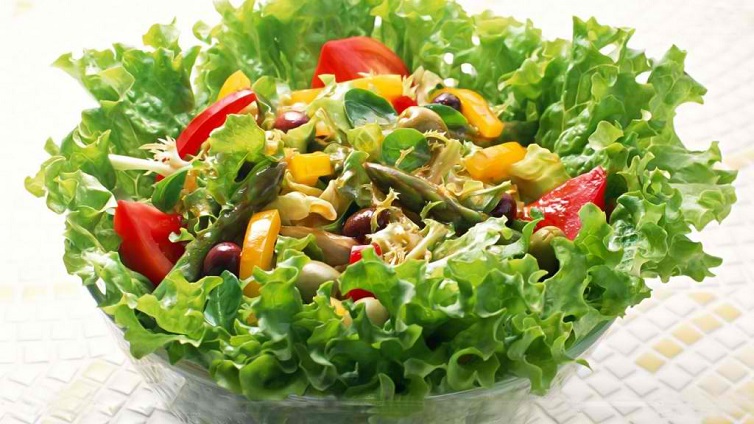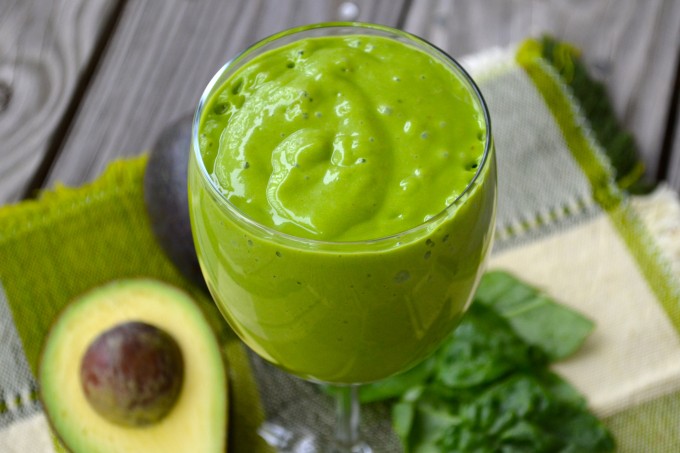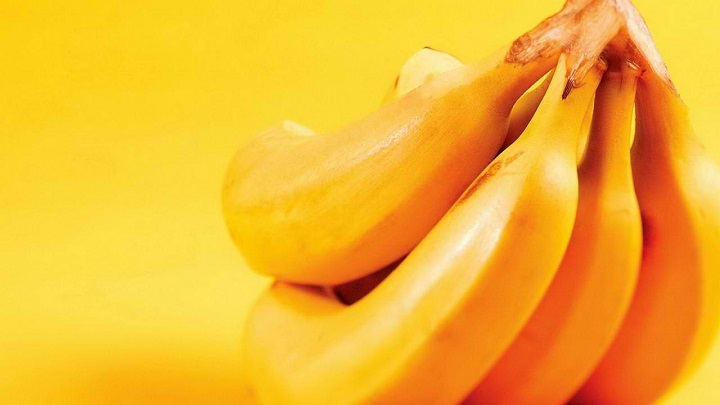Anorexia Nervosa is one of the more serious eating disorders, characterized by a manic drive to restrict calories in order to maintain an impossibly low “ideal” weight, or a drive to exercise excessively in order to reduce the weight one has “gained” (even though no such gain is really evident). While anorexia is treatable, seeing its symptoms can be shocking. Often, the affected person is a physical wreck, overly thin, and extremely stressed. You may see them habitually purging themselves through vomiting after every meal. You can also see them obsessing over their figures in a mirror, trying to find more ways to cut fat that isn’t even there.
It may seem counterintuitive to treat this type of illness with diet (seeing as excessive dieting is among its symptoms), but a recovering anorexic needs a well-planned and well-balanced diet in order to regain one’s health. Below are useful diet tips to help you get back in the shape that’s right for you.
Food & Nutrition Diet (Meal Plan) for Anorexia Nervosa
#1 Recommended Breakfast Diet for Anorexia Nervosa

For breakfast, go for healthy carbohydrates. These will help replenish your energy, which could be one of the first casualties in anorexia. Whole-wheat bread and crackers are excellent, along with healthy cereals such as steel-cut oats and muesli.
Support these with sources of protein such as eggs and lean meats. Healthy fats are also important. You can get these anywhere from milk and other dairy, to natural peanut butter, and fish.
Fresh fruits are also good. Aside from the vitamins and minerals that they pack, fruits also contain a hefty dose of fiber, which is instrumental in improving the rate at which the gut absorbs nutrients.
#2 Recommended Lunch Diet for Anorexia Nervosa

For lunch, poultry and lean meat cuts are preferred because of their protein content. Just as it is important to have carbohydrates as a source of energy, it is also important to have protein in order to support muscle build-up. It is a little-known fact that as one cuts carbs, one also reduces the body’s muscles, not just the fat deposits. A high-protein diet provides the body with enough amino acids to rebuild these lost muscles and regain strength.
Other protein sources include egg and vegetables such as lentils, legumes, and peas. These can all be easily incorporated in your meals.
#3 Recommended Dinner Diet for Anorexia Nervosa

Aside from a repeat of your lunch fare, having a salad with leafy vegetables and healthy dressings like olive oil is also good. If you’re looking for light fare, some yogurt before bed provides your gut with a dose of probiotics, which helps replenish your gut flora. This will then help your body absorb more nutrients.
#4 Recommended Snack Diet for Anorexia Nervosa

Anything except junk food! You can have a helping of your favorite salad, with all-natural dressings such as vinaigrette or home-made mayonnaise. Sliced fruit is also good, along with other common snacks like nuts and seeds.
Variety is very important here, since one of the importances of this recovery diet is that you should be able to stick to it. You should try a variety of natural food and choose which ones you enjoy most, since you have to rediscover the joy of eating.
#5 Recommended Drinks for Anorexia Nervosa

Water is the most important drink for anorexics. Anorexia affects most of the body’s functions, reducing or disrupting them. Drinking water frequently allows the body to stabilize, therefore helping anorexics regain normal function. Drinking fruit juices and vegetable smoothies is also recommended, but take care to stick to natural sources. Other drinks like coffee, tea, and alcohol — those that tend to alter the body’s natural function — are best avoided.
#6 Recommended Herbs for Anorexia Nervosa

Anorexia nervosa can be helped greatly by herbs, which help reduce some of the psychosomatic symptoms of the illness. Ginger, for example, helps reduce the nausea that is accompanied by breaking one’s anorexic fast. Wheat grass, on the other hand, contains a lot of nutrients that can be processed very quickly, allowing the anorexic person an immediate source of much-needed vitamins and minerals.
#7 Recommended Fruits for Anorexia Nervosa

Any fruit is good, but stay away from those that are too sweet as they may contain too much fructose (sugar). Go for those that are nutritionally dense, such as avocados. You may also opt for apples, which have a good load of the protein-digesting enzymes called pepsin. Pepsin helps break down food better, allowing for better nutrient absorption.
#8 Recommended Vitamins for Anorexia Nervosa

While a balanced multivitamin profile must be maintained, there are various vitamins that should be taken in higher quantity. One of these is Vitamin B2, which is important in the body’s absorption of various nutrients. Other members of the B Complex family are also instrumental in maintaining good energy, as well as ensuring a healthy tissue production.
#9 Recommended Minerals for Anorexia Nervosa

Minerals such as potassium are important in maintaining the body’s nutrient balance. Potassium is important in maintaining the body’s fluid balance, thus also helping maintain the body’s pH balance.
#10 Discouraged Food for Anorexia Nervosa

Sugar is a big no-no for all anorexics. Many believe that sugar is an easy way to gain weight, but doing this exposes the body to more problems. Sugar wreaks havoc on most of the body’s processes, especially in terms of insulin spikes, which unhinges not just how the body works with carbs but also how the muscles are developed. For that matter, all forms of artificial food stuff such as additives and coloring are also best avoided.
Anorexia nervosa can change the way your body works, but there’s no way it cannot be corrected. It is a multi-faceted condition, and hence it requires a multi-faceted approach in terms of diet. The good news is that the diet inclusion gives you far more variety in terms of allowed food, so it is easier to rediscover its healing effects.
- READ MORE




